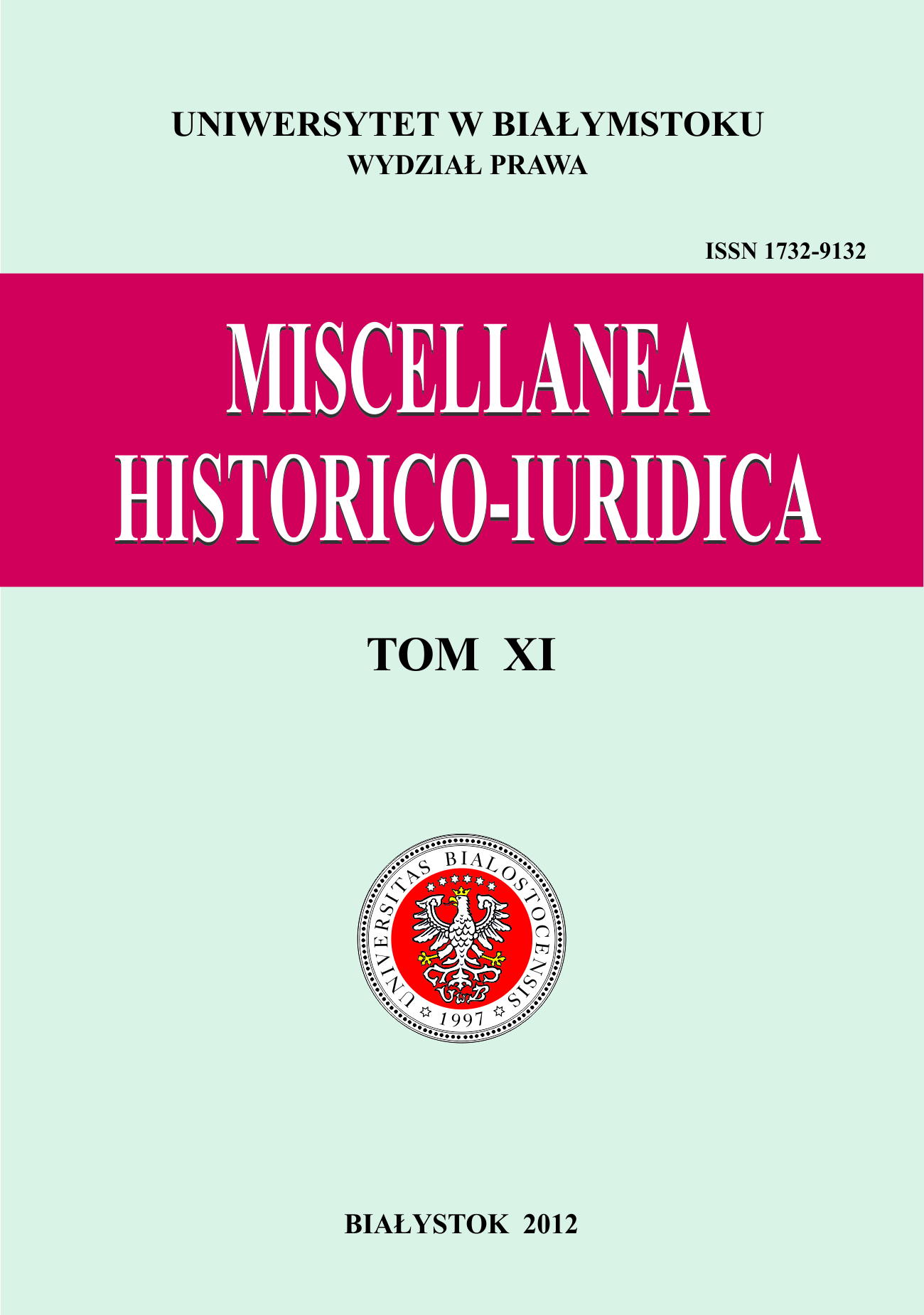Instytucja ratyfikacji umów międzynarodowych i konsekwencje zmiany jej charakteru prawnego z perspektywy historycznej
Słowa kluczowe:
treaty, ratification, signature, accession, Full PowerAbstrakt
In this article, the meaning and nature of ratification is discussed. It is shown that in early practice and doctrine, ratification was a confirmation that what had been signed had been duly and properly signed – an acknowledgment by a principal of the act of his agent. No doubt, this theory was not a strict acceptance of the doctrine of private law agency, even at a time when private law analogies were more freely accepted than they are today. For ratification of an act of an agent concluded within the limits of his authority is not strictly necessary in private law. But the difference is purely formal. In both cases – treaties and contracts made by agents – the signed document created obligations. In international law the document was not perfectly binding until a ratification was issued. It is, at any rate, clear that the private law analogy was valid in the seventeenth, and the greater part of the eighteenth, centuries to this extent: the duty to ratify – i.e. to acknowledge publicly the binding force of a signed treaty – was held not to apply when the agent had exceeded his instructions. This was the only generally recognized ground for refusing a ratification. The French and American Revolutions changed all this. They attempted to banish from public law the notion of absolute power. Indeed, for a short interval, as has been shown, the treaty– making power was vested in a national assembly – in France, the National Convention, in the United States, in Congress. But this was found impracticable, and in the United States the Senate reserved only the power to sanction and participate in the final act of ratification. When this deliberative element was introduced into the process of ratification, it became apparent that ratification could no longer be regarded as obligatory. An account of ratification in theory and in practice is incomplete without a study of the formal clauses in treaties with regard to the date of their coming into force. It is clear that, in many cases, ratification is dispensed with, either for reasons of expedition, or because ratification does not require any deliberation according to the constitutional practice of the States concerned. On the other hand, the development of the multipartite treaty caused signature or accession to supplant ratification, in the increasingly common case of States becoming parties to a treaty to which they are not original signatories. The very large number of constitutional texts prescribing a specific procedure for the conclusion of treaties, the changed character of ratification, and the existence in formal documents, and in treaties themselves, of clear stipulations as to satisfaction of constitutional requirements, it is impossible to ignore the relevance of such provisions in international law.







